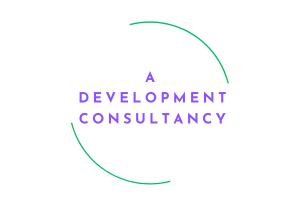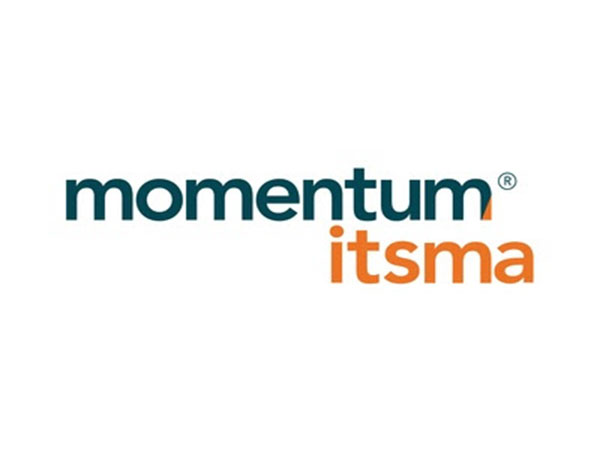HR game plan: UEFA Euro 2024
 Euro 2024 kicks off on Friday 14th June with Germany playing Scotland at 8pm UK time. Many a football fan will have had that date and time blocked out in their schedules for months and fortunately for most organisations this will have little impact on employee attendance, but not all matches are so conveniently timed.
Euro 2024 kicks off on Friday 14th June with Germany playing Scotland at 8pm UK time. Many a football fan will have had that date and time blocked out in their schedules for months and fortunately for most organisations this will have little impact on employee attendance, but not all matches are so conveniently timed.
The tournament spans four weeks ending on Sunday 14th July and matches are timetabled for 2pm, 5pm and 8pm. This could cause issues at work as some employees will want to watch the matches, so, how should your organisation approach the tournament and communicate with staff about it?
HR teams need to prepare for potential increases in absenteeism, possible spikes in annual leave requests or lower productivity during this four-week period. So, here’s your HR game plan for Euro 2024.
Top HR tips and game plan to keep your team performing and avoiding own goals during Euro 2024
1. Have a clear policy
Consider introducing a clear policy setting out expectations and any allowances your organisation will make during major sporting events. It’s important to make it clear what is acceptable and what’s not. This policy need not be a permanent policy and could just be temporary for Euro 2024.
2. Introduce flexible working
Introducing temporary flexible working for the duration of Euro 2024 is a great way to thank and engage staff while bringing a very tangible opportunity to promote flexible working policies.
There is huge goodwill to be gained from accommodating flexible working requests, for example, several matches kick off at 5pm UK time, so you could offer flexible working to enable employees interested in the football to start and finish early.
Where there is a strong interest in football among employees, enable them to arrange cover and take turns to see key matches live.
Beware not to score an own goal here with timekeeping issues. Ensure that you have a clear system to track working hours should you need to.
3. Watching at work – internet, social media and devices
Putting screens up in workplaces, for example in a rest area, or allowing online viewing are relatively easy ways to give office-based employees access to the games in real time.
You might also allow radio commentary or let employees follow scores on work computers, or on their own devices. If you have an IT policy which governs the use of devices and social media then remind employees about those rules and advise them of any temporary Euro adjustments. If you do not have such a policy, decide on appropriate rules and communicate them to your people.
Additionally, do consult with IT and check that your systems can cope with everyday business activity as well as multiple devices streaming the matches.
4. Annual leave
Decide how to deal with additional holiday requests. Your normal policy is most likely based on a first come first served basis, but how do you deal with holiday requests at other times of high demand, like Christmas? Do you ask employees to take turns? Be guided by your existing policies but do also consider how you can relax them, for example by requiring less notice than usual, if it doesn’t impact on work.
5. Absence management
You should communicate your absence management policy to staff so they’re aware of reporting procedures and then conduct return to work interviews for those taking time off sick. Employees are less likely to take time off for a match if they know absence is being monitored.
If, having communicated your absence policy, an employee still takes the time off sick when there is a key match, arrange a return-to-work discussion as soon as they return. This discussion would be to establish the reasons for their absence and if you have reasonable grounds to believe their sickness was not genuine, disciplinary action may be appropriate.
6. Discrimination and harassment
Be aware of the potential effect of ‘friendly’ banter if people are watching the matches at work. What one employee considers a jokey comment might make another employee feel harassed, especially if someone is making comments about people or players from different nations. Make it clear to employees at the outset that they are expected to behave in an appropriate way during work hours. Remind staff that your Equal Opportunities policy will continue to apply during matches.
7. Work social events and alcohol
Sporting fixtures such as Euro 2024 are a great opportunity for team building and demonstrating a flexible, inclusive culture. You may wish to make an event of some of the matches at your workplace, which is a great positive idea, but do be mindful of the kind of event you want for your employees.
Some employers are happy for staff to have a glass of wine over lunch, or drink a beer while watching a match but in other workplaces it’s a complete no-no. It’s important to remember that you’re responsible for the safety of your employees during such an event.
If you have a policy on drinking or being under the influence of alcohol during office hours, now is the time to reiterate it so staff are clear on the rules. There may be workplaces where drinking is a health and safety issue, so it is worth reminding staff that breaking the rules may result in disciplinary action
If you can’t beat them, join them!
Employers can win a goal full of goodwill by being as flexible as possible during major sporting events.
It is an event which can bring together people from different backgrounds and nations – watching a match can become an accidental team building exercise, increasing morale and motivating the team.
If any points mentioned in this blog concern your organisation and you would like some advice on protecting your business from disruption and setting up a HR game plan, or you would like assistance with your policies, please email us at info@peoplebusiness.co.uk and one of our consultants would be happy to have a chat.




